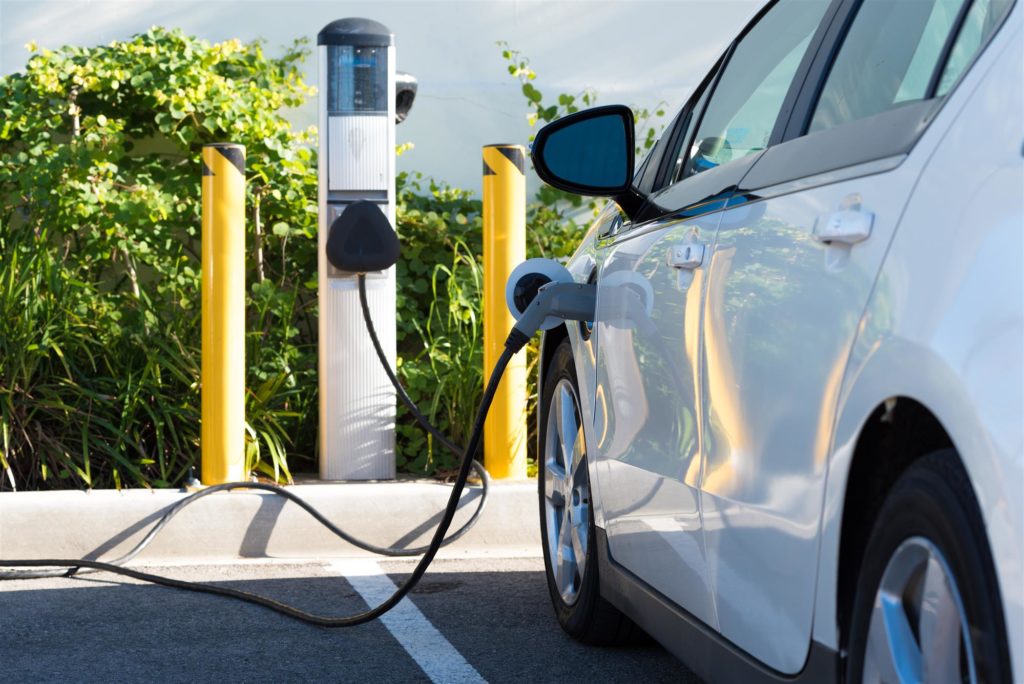‘Increase availability of electric vehicles’
ZIMBABWE must increase awareness of electric vehicles and make them more available since they are generally cheaper to run and they sharply reduce carbon emissions which have caused climate change, even if they use carbon-generated electricity.
Traffic Safety Council of Zimbabwe board chairman Mr Kura Sibanda said the lack of access to electric vehicles on the African market was a huge hindrance to their adoption in Zimbabwe and the continent at large.
In other parts of the world, the electric vehicles market was growing exponentially, yet in Africa there was little progress.
“In Zimbabwe, consumers are not yet ready to adopt electric vehicles due to their unavailability in the market for used vehicles, where they would be relatively cheaper,”
said Mr Sibanda.
“Electric vehicles are well known for being more expensive than internal combustion engine vehicles. This is a huge disadvantage for the African market where most consumers may not be able to afford them. One of the barriers to adoption of electric vehicles is the limited range that people can travel with a fully-charged battery.”
The bulk of the EVs on the market today can go for about 400km on a full charge, which
means on a trip to Bulawayo from Harare of 440km the driver needs to stop to recharge.
Modern charging stations can normally refill the battery in 20 minutes, although a home
charge takes several hours. This calls for the deployment of more charging stations along
roads to cater for the needs of any motorist who chooses electric mobility. A recharge
taking only a little longer than refilling a fuel tank.
“It will be unsavoury to drive an electric vehicle and end up being stuck on the road after
running out of power without charging stations nearby and it will remain difficult to
convince potential customers to buy electric vehicles when there is inadequate charging
infrastructure,” said Mr Sibanda.
“In Zimbabwe, companies such as Econet and DPA are working together with the
Government to ensure that several charging stations are installed across the country,
especially along highways.”- The Herald











